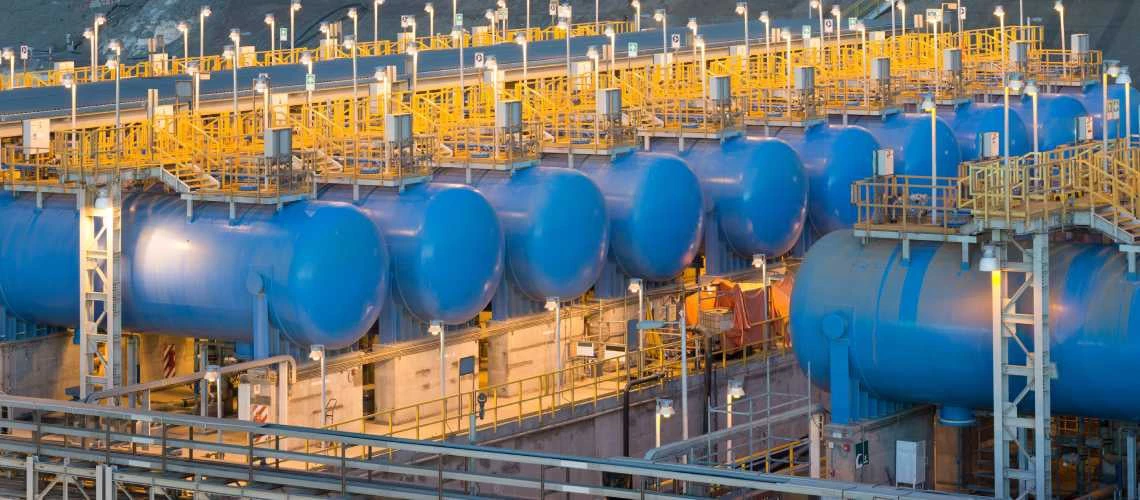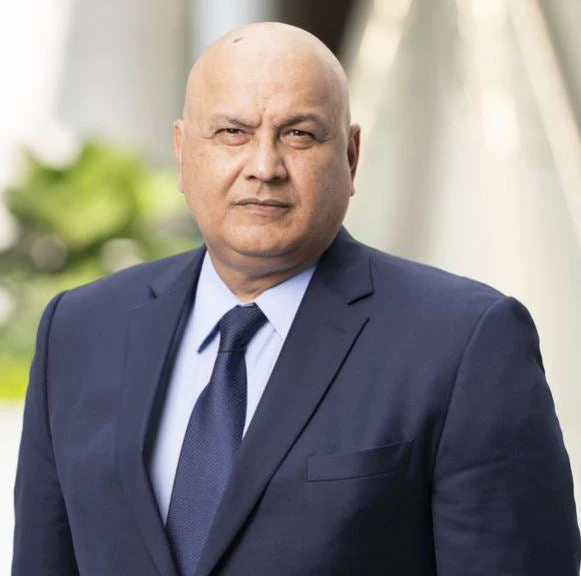 Reverse osmosis equipment in a desalination plant. Photo: Jose Luis Stephens/Shutterstock
Reverse osmosis equipment in a desalination plant. Photo: Jose Luis Stephens/Shutterstock
We need water for every aspect of our economic and social development. How we manage water resources affects whether poor girls are educated, whether cities are healthy places to live, and whether growing industries or rural villages can withstand the impacts of floods or droughts.
Continuing population growth, urbanization, climate change, and economic development are all converging to create a widening gap between water supply and demand which may reduce economic growth by up to 6% in many parts of the world. Addressing a challenge of this scale requires new approaches that tap into every water resource available.
As the world’s largest multilateral source of financing for water in developing countries, with an investment portfolio of almost $30 billion, the World Bank is uniquely positioned to support desalination and reuse opportunities. Our work goes beyond financing, with member countries using our technical advice and analysis to design better policies and strengthen their institutions.
The World Bank uses a range of financial and technical instruments at its disposal to support desalination and reuse projects globally.
In Kiribati, where the population of just over 100,000 is spread over 21 islands across three million square kilometers of ocean, access to safe and reliable water and sanitation remains a challenge. The World Bank is supporting access to safe and reliable water in the capital South Tarawa through the construction of a solar-powered seawater desalination system that is resilient to climate change and meets the increased demand for water. In Türkiye, the World Bank is supporting a recently approved circular economy and wastewater reuse project that will improve wastewater and reuse services; increase irrigation services and efficiency; and strengthen institutional capacity and coordination for managing water circularity, thereby increasing the portfolio of water supply options and resilience to climate change.
While installed desalination capacity continues to rapidly expand around the world, the governance structures designed for conventional water sources are struggling to catch up. In response to this need, the World Bank has established a Desalination Community of Practice, which aims to generate, capture, and disseminate knowledge on desalination governance and economics, partnering with countries and organizations that are leading in this area and with platforms like the International Desalination Association.
Reclaiming and reusing water is central to a water-secure future—one that uses circular economy principles rather than the unsustainable, linear model of “take, make, consume, and waste.” The World Bank’s Water Global Practice has developed a framework to promote a common understanding of circular economy principles and resilience in the urban water sector and to support countries in implementing these principles. A circular and resilient water system fosters a more sustainable and responsible use of water resources, energy, and other resources, preserves and regenerates water and natural ecosystems, reduces waste and pollution and delivers resilient and inclusive water services, ultimately improving the livelihoods of people while valuing water resources and the environment.
As we work to deepen understanding, we also need the investment to put our knowledge and innovative ideas into practice. Investment needs in water-related infrastructure are estimated to reach $6.7 trillion by 2030 and $22.6 trillion by 2050. In line with this significant need, the World Bank, including our private sector arm the International Finance Corporation (IFC) and the Multilateral Investment Guarantee Agency (MIGA), has recently developed a strategic plan to mobilize public, concessional, and private financing, and to foster an enabling environment for greater private sector investment, innovation, and expertise.
If we are to address the water crisis at scale, we need to use unconventional methods and new and disruptive forms of financing for a more sustainable and water-secure future for all.
Related Links:


Join the Conversation